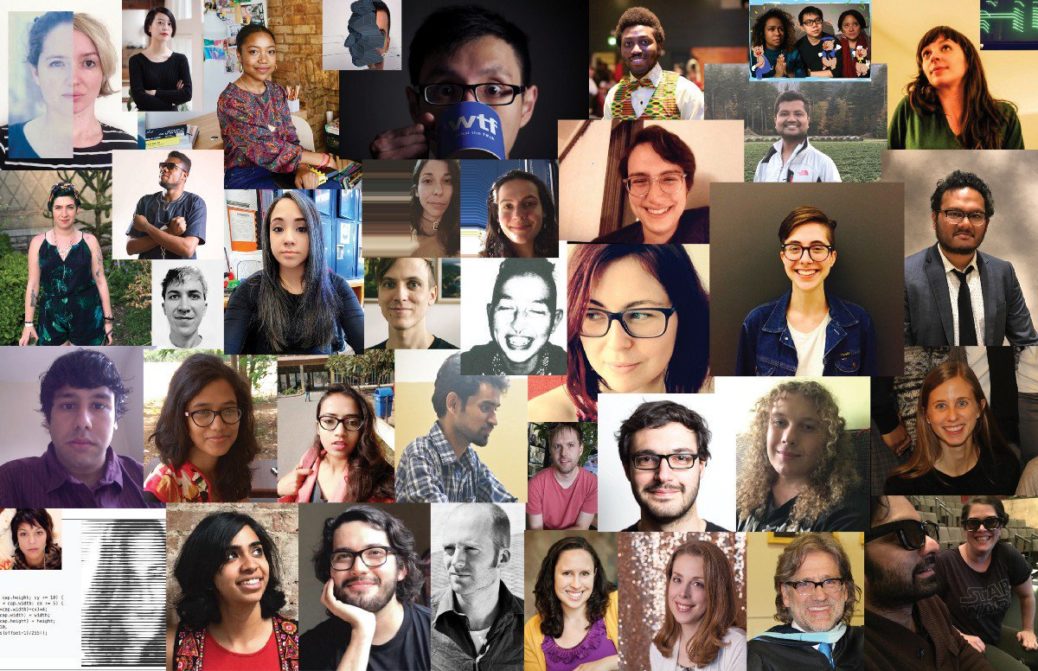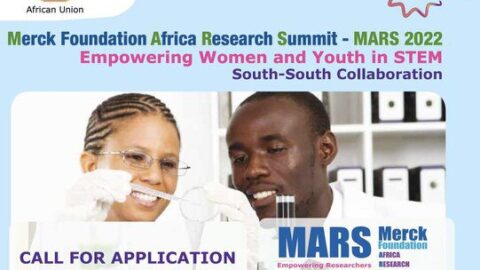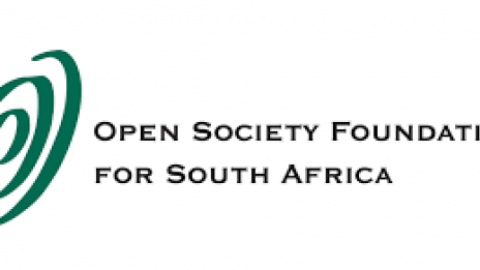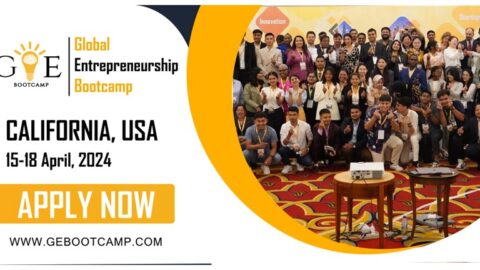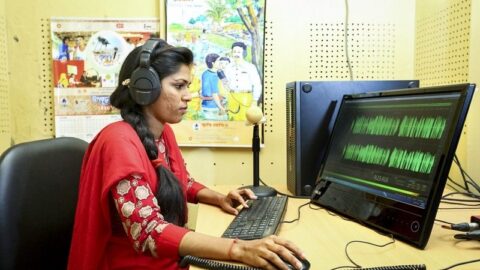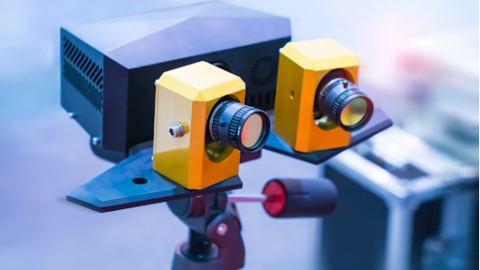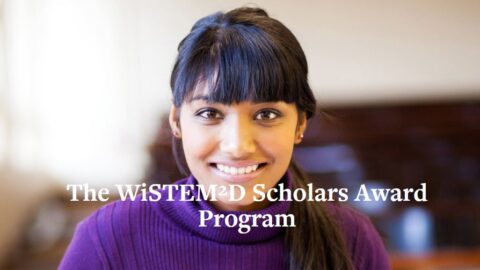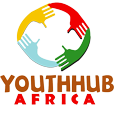Applications for the Processing Foundation Fellowship Program 2020 are now open. With this open call, Processing Foundation celebrates its Fellowship Program’s fifth year of supporting members of their community in projects that converge and expand the fields of art, technology, education, and activism. The Fellowship program has sponsored inspired, ambitious, and visionary work from artists, designers, activists, educators, engineers, researchers, coders, and collectives—and many combinations of these—in projects that conceive a new direction for what Processing as a software and a community can do.
Projects can range from development of the existing Processing software projects (Processing, p5.js, Processing.py, Processing for Android), to creative and exploratory research for new iterations. We place the most emphasis on projects that activate, foster, and cultivate community, speaking to the needs of specific groups through outreach and engagement. Barriers to access and diversity should be thoughtfully addressed and included in the project’s scope. We are less interested in funding an individual’s art practice, and more interested in supporting work that uses our software to creatively connect a group of people—be they students and educators, creators and users, artists and the public, or activists and organizers.
WORTH
The stipend for the 2020 Fellowship is $3,000 USD, calculated at $30 per hour for 100 total hours.
Payment of the stipend will be made in 50% installments: $1,500 USD paid at the start of your fellowship, and the remaining $1,500 USD upon its completion.
A fellow must complete the requirements of the fellowship for the stipend to be paid in full.
ELIGIBILITY
- Open to applicants from all backgrounds and skill levels
- They support proposals that involve investigations into what a fellow may not already know how to do.
- Fellowships are open to U.S.-based and international applicants.
- They are attentive to proposals that demonstrate enthusiasm, innovation, and the evolution of a fellow’s practice rather than their pre-existing technical skills.
- They choose projects that will have a significant impact on the fellow’s practice, offering the fellow much-needed resources and support.
Their past fellowships are good examples of work they believe is important, and of how those projects have evolved into self-sustaining projects in their own right. Applicants should familiarize themselves with previously supported work (scroll down).
DEADLINE: December 19, 2019
To apply and for more information visit here

